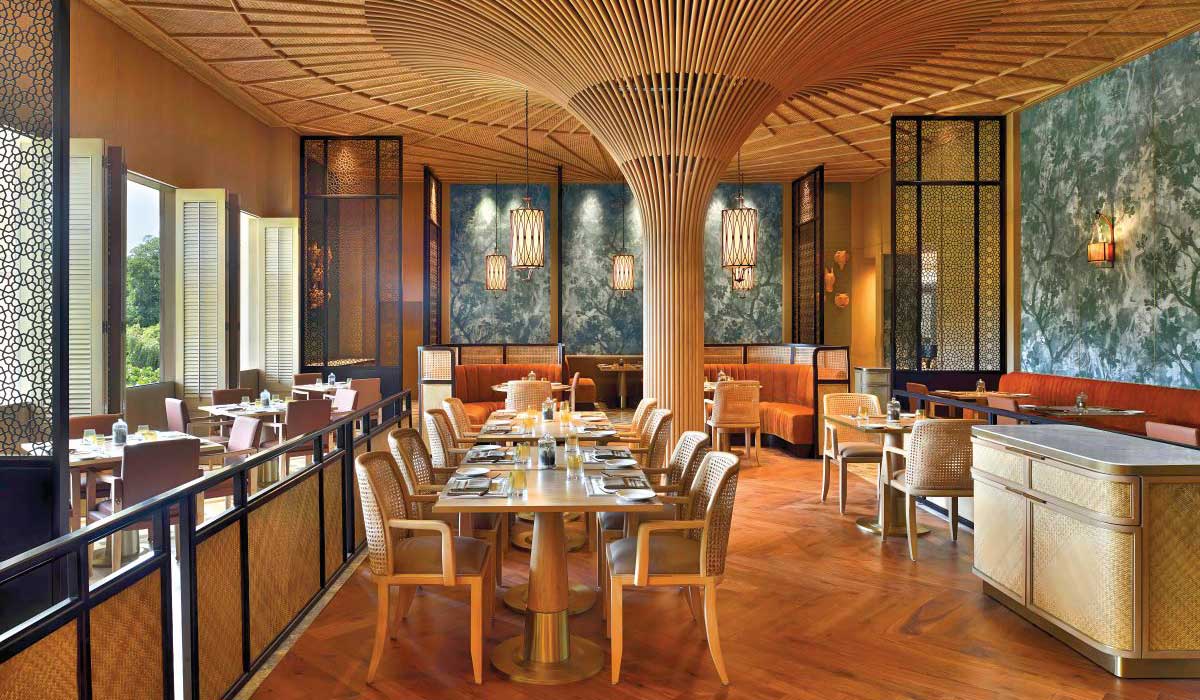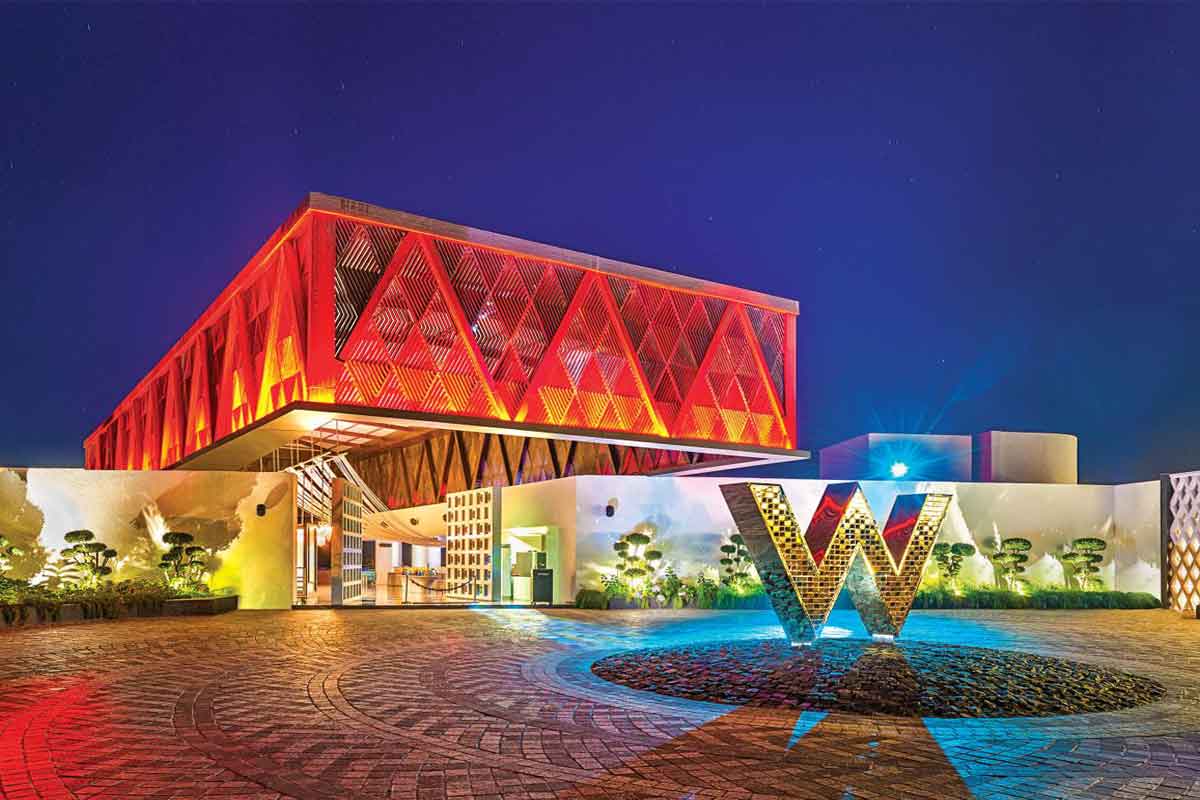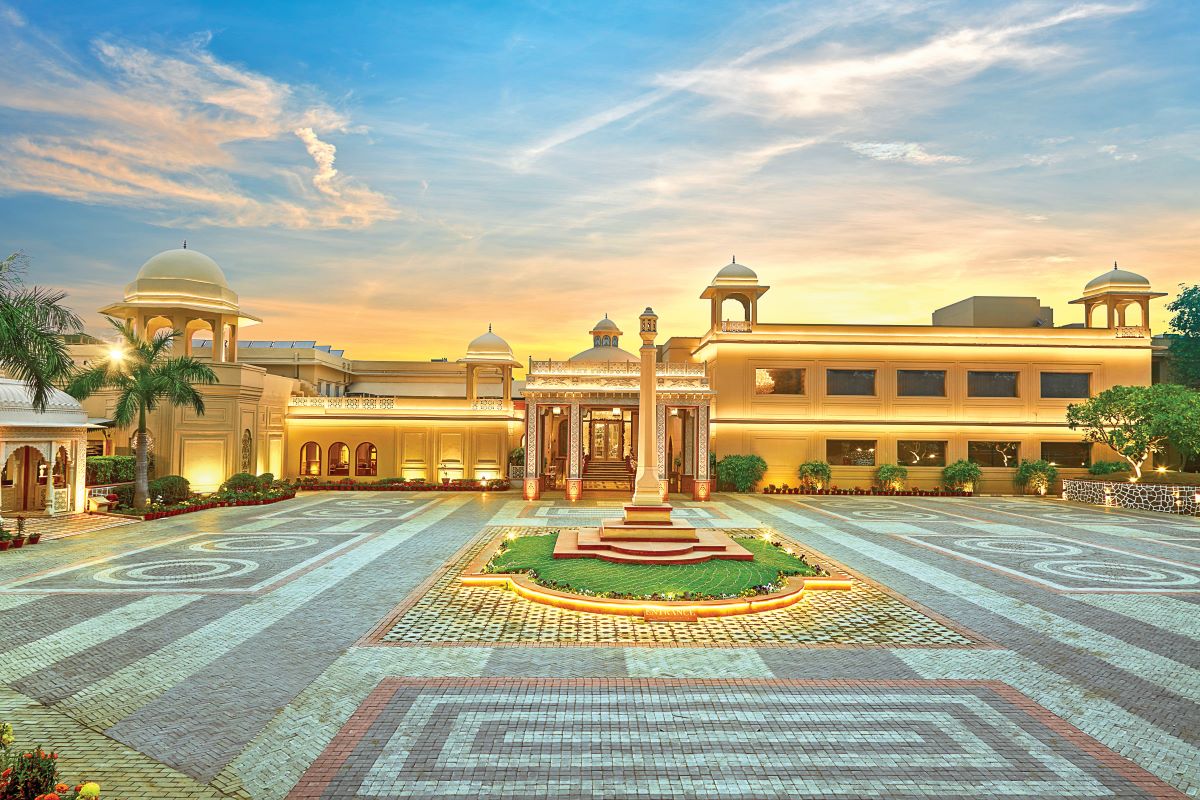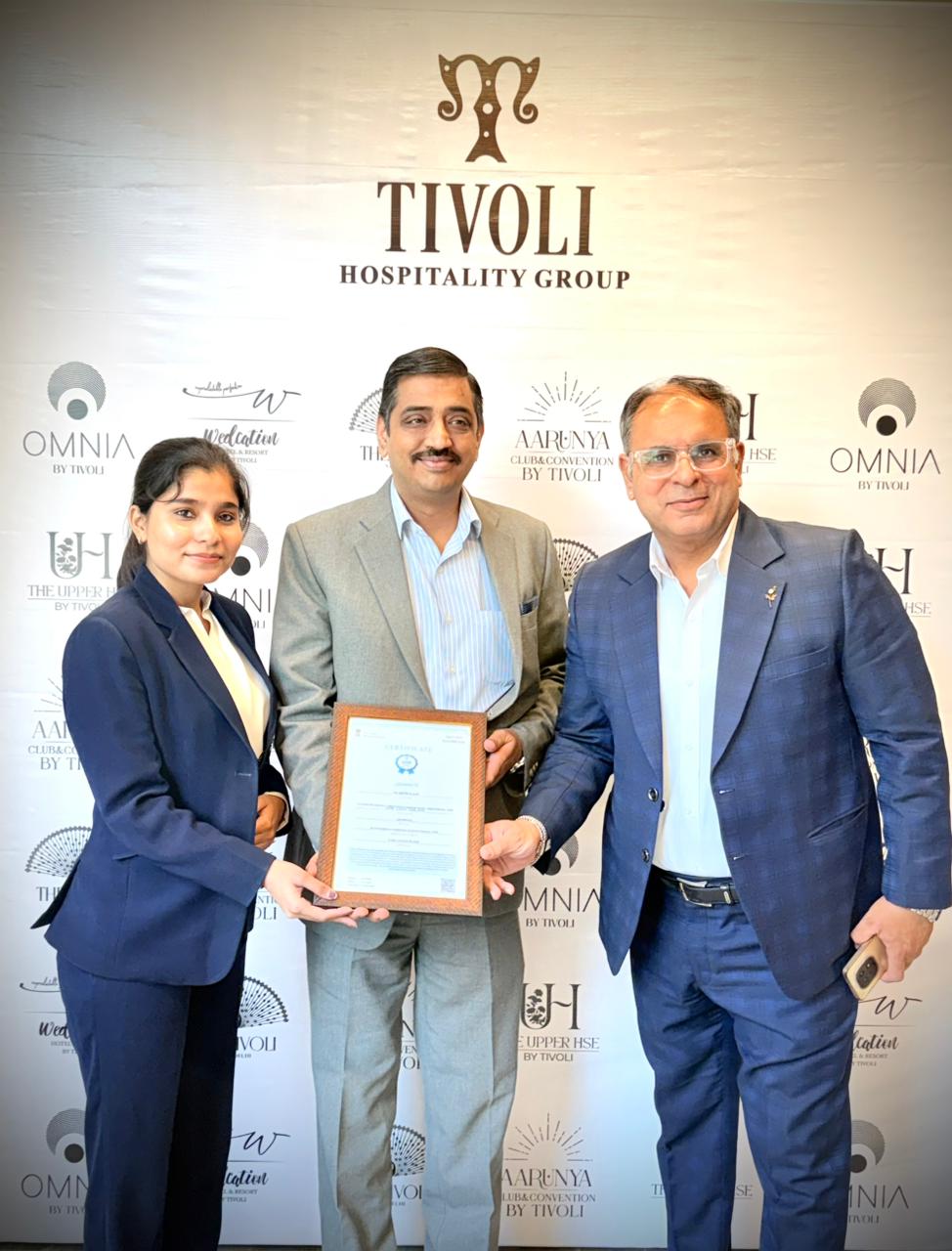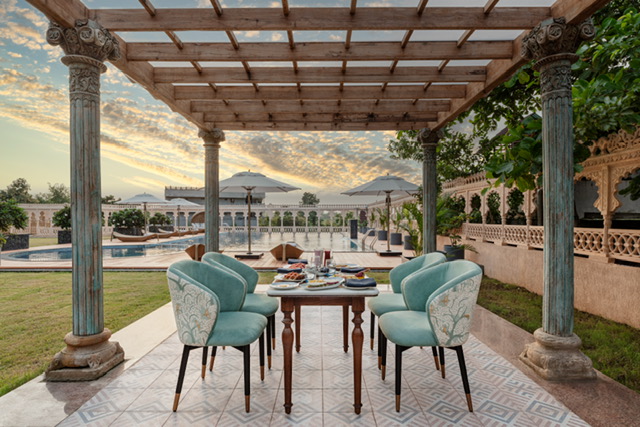Hotel companies across the globe are either acquiring other brands or merging with existing ones to gain greater visibility in the market and strengthen their presence. In light of this growing trend, we ask industry experts if there is a flipside to a merger or acquisition, and where the loyalty programmes lie during the transaction.
Anupriya Bishnoi
Ajay Bakaya
Managing Director
Sarovar Hotels & Resorts
The near future
The last two to three years have witnessed the trend of brand acquisitions and mergers in the hotel industry, globally. This translates to availability of more funds for a stronger distribution system and improved, catchy loyalty programmes. We see the trend continuing for the next few years as well. In our case, the merger with Louvre Hotels Group (LHG) opened new doors in terms of global presence, distribution channels, loyalty programmes, and worldwide synergies with a large hotel group.
Seamless transitions
There is absolutely no confusion in the market or in the mind of the customer about brands. So far, the transition has been seamless and we have retained our home-grown brands, which have now been added to the overall product portfolio of Louvre Hotels Group. We are looking forward to exciting times and are very happy with this tie-up.
More benefits, happier customers
Sarovar’s loyalty programme will merge into LHG’s programme and eventually, into Jin Jiang group’s loyalty programme with over 120 million members. These developments will offer Sarovar rewards members a whole new world of benefits.
Global visibility
Mergers and acquisitions have provided our brands a global presence, in addition to providing access to various distribution channels and central reservation systems that have opened up the technology gates for us. They offer new-age technology to distribute hotel rooms across the globe in addition to our pan India presence.
Vivek Bhalla
Regional Vice President, South West Asia
InterContinental Hotels Group
A world of opportunities
We have talked consistently about the opportunity to strengthen our brand portfolio in the highest-opportunity segments, and we’ve done this by launching new brands as well as adding them through mergers and acquisitions. In July 2018, we acquired 51 per cent stake of Regent Hotels & Resorts, which has been an excellent addition to our portfolio and has strengthened our presence in the luxury segment. With this acquisition, we saw a real opportunity to round-out our global portfolio and add an upper luxury brand at a price point above InterContinental. This addition has helped us enhance our owner and guest proposition by giving us the ability to fill a ‘portfolio gap’. It has also created a more robust loyalty offering and improved our ability to attract more B2B customers.
Last year, we signed the first Regent Hotel post the acquisition in Kuala Lumpur, and over time, with the right partners and right locations, we expect to have representation for the brand across regions.
Jean-Michel Cassé
Chief Operating Officer – India and South Asia
AccorHotels
The road ahead
In terms of mergers and acquisitions, if there were any opportunity that made sense, we would look at it, but is that what we are running after now, no, because what we really want is our development to clearly be asset-light. We are more looking at mergers and acquisitions from a central or global point of view. This is why, thanks to the acquisition of Fairmont, Raffles and Swissotel, we’ve been getting additional hotels here. Thanks to the acquisition of Mövenpick, we’ve been getting additional inventory. So, globally, few other things like that may come and then they would be integrated and be supported by our entire network, as is being done now.
I have to say that the acquisition of Fairmont, Raffles, and Swissotel gave us an amazing visibility in the luxury space because now, AccorHotels globally, is the second luxury player on earth after Marriott. When we look at the development pipeline, we have a slightly bigger pipeline than they do. So, we are doing well in that space and these hotels enable us to look forward to new developments or luxury hotels in India as well.
No flipside exists
I don’t think there is a flipside because if there is such a merger or acquisition, it means there is an interest for both parties, and there would be interest for both parties in light of what the customer’s choice would be. Either you keep whatever you merge or whatever you acquire with the existing brand, or you rebrand it to any of your brands. In that space, we, in India, now grow clearly as being asset-light. This means that we don’t need to do any additional investment.
Happy owners
In our case, we had two owners – one for Fairmont and one for the Swissotel in Kolkata. When you look at both owners, they were feeling a bit lonely to have signed with a brand which was a single hotel for all of India. So, as a single hotel, they were just happy to be integrated with AccorHotels because they knew we had a local team and they knew they would be getting a lot of support. So, these two owners were quite happy from what I understand.



